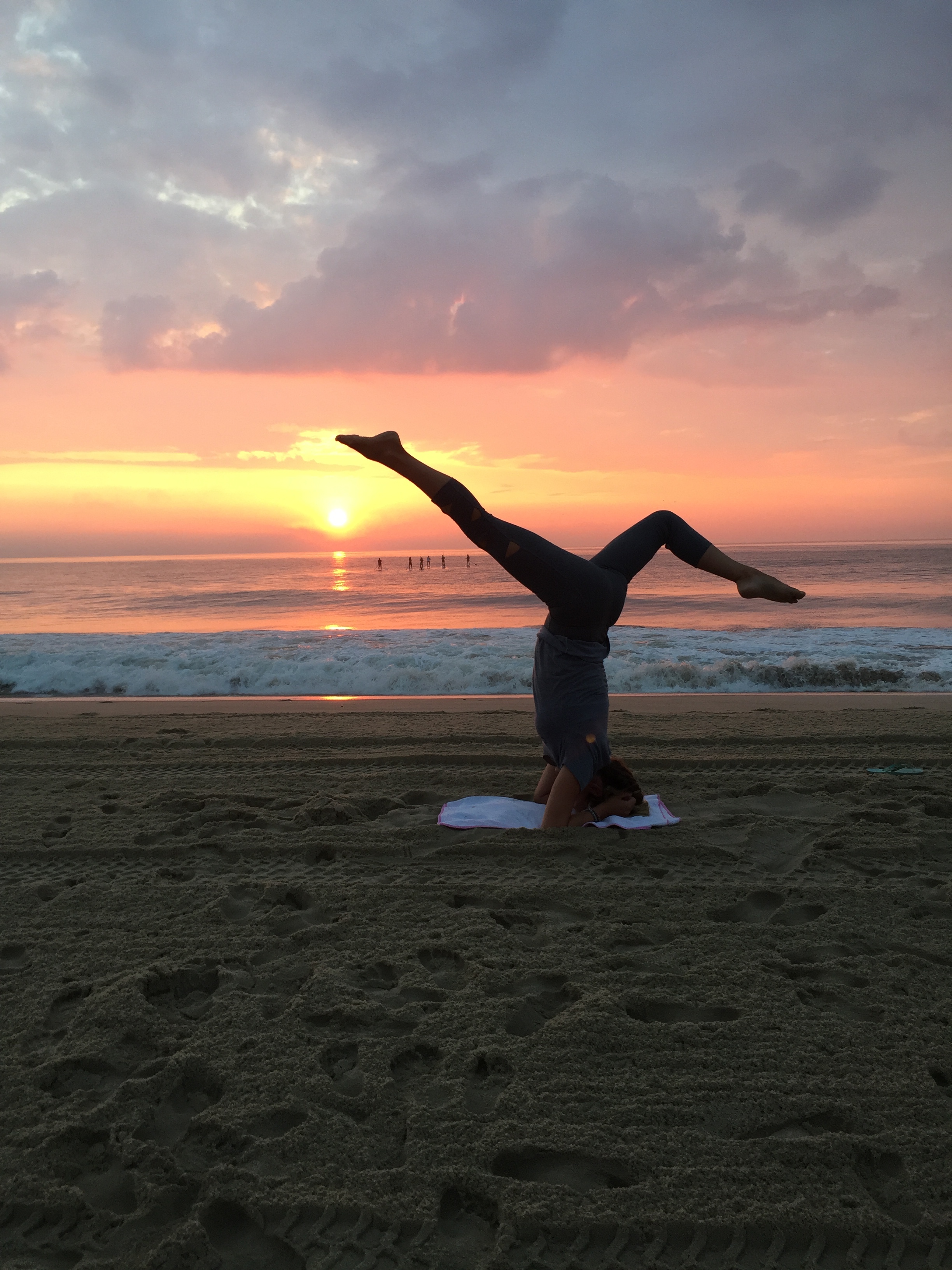Over the course of the past year I’ve struggled deeply with my bipolar disorder. After living with it for nearly seventeen years you’d think I’d finally gotten to the point of being able to manage it effectively. But going through major life changes causes high stress and high stress brings on episodes. I’m thankful to have an incredible support system around me and access to quality mental healthcare which has helped me navigate these challenging times.
I stepped down as Executive Director of This Is My Brave in order to focus on writing a memoir. I had big goals of having it half completed by July. The truth is, I received some constructive feedback on a sample chapter in January that hit me hard and I began to wonder if I’d ever be able to live up to the high expectations I had for my book. I spent the first six months of this year between the extremes of mania and depression, not having the motivation to write anything.
I’ve finally decided to give myself permission to not have a deadline. To write for the joy of writing, like I’ve done for years here on this blog. And to focus on my health, my family, and projects that are important to me. Who knows? Maybe my book will take another five years. Maybe ten. In the meantime, I’m excited to be working with Principle Pictures on promoting a campaign that is close to my heart - Our Turn to Talk - a film and podcast focused on teen mental health produced by Principle Pictures in partnership with WETA-PBS.
Featuring my former Intern at This Is My Brave, Our Turn to Talk begins with Anastasia Vlasova. Anastasia’s eating disorder started in middle school at the same time that she started spending a lot of time on Instagram. She didn’t need the damning new Wall Street Journal investigation to tell her what she had already figured out for herself: time on the social media platform sent her mental health into a free fall. She was depressed. Anxious. Eating too much. Or eating too little. The shame she felt from this cycle kept her silent for nearly five years. Now, she’s speaking out and inviting other teens to do the same...without shame and without filters.
The documentary film follows Anastasia - a high school senior turned NYU college freshman - as she meets teens across the country and invites them to share their stories on a new podcast series she’s hosting, OUR TURN TO TALK. We meet Young Elder, an activist from Baltimore, Maryland who explains how police brutality and racism are at the root of the community trauma she’s fighting. Ryver, a transgender teen living in rural North Carolina who writes music to help her cope with a diagnosis of gender dysmorphia and the other mental health challenges it triggered. Morgan, a Triple-A ice hockey player who finds support from a pro athlete after being cut from her team because of her mental health struggles. And the family of Dylan Buckner, a star high school quarterback, invites Anastasia into their home to talk about the quiet battle with depression that caused Dylan to take his own life at the height of the pandemic. Throughout the film, Anastasia also invites TikTok experts to share their experiences and knowledge.
Talking is more urgent than ever because teens are in crisis. Even before the pandemic, rates of depression, anxiety and suicide were on the rise. COVID-19 made everything worse. That’s why OUR TURN TO TALK is also an impact campaign to reach teens, parents, grandparents, teachers, coaches and counselors in schools and communities across the country. Because at the heart of Anastasia’s mission - and the film’s mega message - is this simple, extraordinary truth: Storytelling Saves Lives.
Our film debuts in October, as part of the WETA-PBS Well Beings project. If you’re interested in hosting a screening in your school or community, please fill out this form and we will be in touch. In the meantime, please check out Our Turn to Talk - season 1 wherever you get your podcasts - we’re on all the platforms. Through these intimate conversations you’ll meet some of the young people in the film, and others who are speaking out in hopes of inspiring their peers.
It’s my firm belief that openly talking about mental illness and mental health can save lives and improve outcomes. I’ve seen it happen in my own life time and time again. This film and podcast series is an incredible avenue to starting these conversations and I hope you’ll take the time to listen, watch and share.

